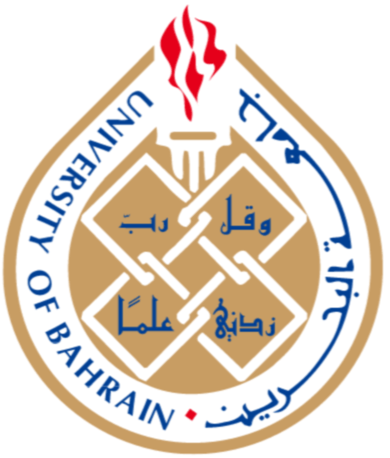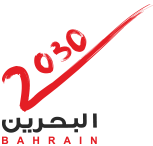NEWS
Dean of Student Affairs at the University of Bahrain Reviews the Experience of Teaching Students with Disabilities

Sakhir – University of Bahrain – Mansour Alwani
December 26, 2022
The Dean of Student Affairs, Dr. Fatima Mohammed Al-Malki, reviewed the experience of teaching students with disabilities at the University of Bahrain, and the facilities the University provides to them for a good educational environment. This took place during Dr. Al-Maliki’s participation in a panel discussion, organized by the office of the Gulf Network for Quality Assurance of Higher Education in the Sultanate of Oman.
Dr. Al-Malki reviewed the facilities the University of Bahrain provides to students with disabilities to help them realize educational achievement similar to their fellow students. In this context, Dr. Al-Malki stated, “All facilities are provided to students with visual, mobility, and hearing impairments through some basic aspects, namely the educational, technological and technical aspects, as well as infrastructure. The university provides appropriate support for these basic aspects, in addition to other aspects.
During this virtual meeting, Dr. Al-Maliki added, “The University provides the appropriate educational environment and curricula for this category of students. It also provides all supporting services and technology for students with visual impairments by providing a set of special computers with a modern operating system that allows these students to learn in a regular manner, through enabling them to browse without any assistance. This enables students with visual impairments to lead their self-training while maintaining their independence and privacy. Dr. Al-Maliki mentioned that that these programs help these students in the areas of learning and career development.
Dr. Al-Maliki stressed that the University of Bahrain is coordinating with the concerned authorities to adapt and adjust the educational and knowledge content and provide special educational services so that these students can realize educational achievement commensurate with their capabilities, which would help them pursue their education smoothly.
Dr. Al-Maliki added, “The University of Bahrain provides several services to students with visual impairments, including modern technical programs that contain the features of reading texts electronically and converting them to Braille, as well as saving them so that the student can refer to them at any time. The university also provides many supporting services for students with different types of disabilities, including hearing impairment, through creating the infrastructure, preparing qualified cadres, providing an appropriate educational environment, appointing sign language teachers to facilitate the educational process and direct students with hearing disabilities to enroll in majors commensurate with their abilities and tendencies and helping them develop their own skills.”
The E-learning Center at the University of Bahrain organizes workshops and campaigns to spread e-culture and prepare students to accept and interact with this type of education in general. It also seeks to help students with visual disabilities and facilitate the educational process, through features available in all university courses, such as the (Ally) program, which can be easily used by students with visual impairment.
Dr. Al-Malki explained, “The Disability Division of the Deanship of Student Affairs seeks to follow up with students with disabilities from the first day in the university until their graduation. The Division seeks to integrate students with disabilities with their fellow university students. It also seeks to form teams of student volunteers to help students with disabilities while they are at the University and coordinate with all university departments and colleges regarding their exams. The Division also seeks to implement targeted programs that contribute to the character refinement of students with disabilities and their intellectual and mental development and help integrate them inside and outside the University.
The sixth panel discussion, in which representatives of the GCC countries participated, aimed to highlight the great attention the GCC countries pays to students with disabilities, and their commitment to international principles and covenants approved by international organizations, which stipulate on equality and the right to education for all. This panel also aimed to review the initiatives taken by the GCC countries to help students with disabilities, and the efforts made by higher education institutions to help them integrate into the university environment and the community as a whole.











